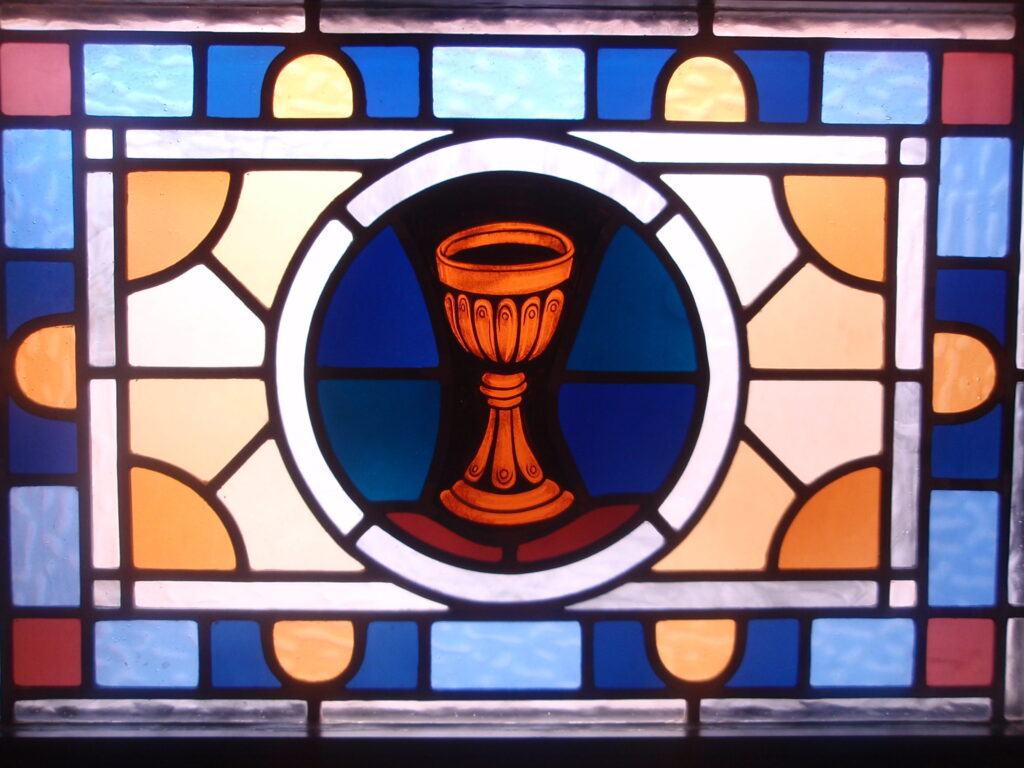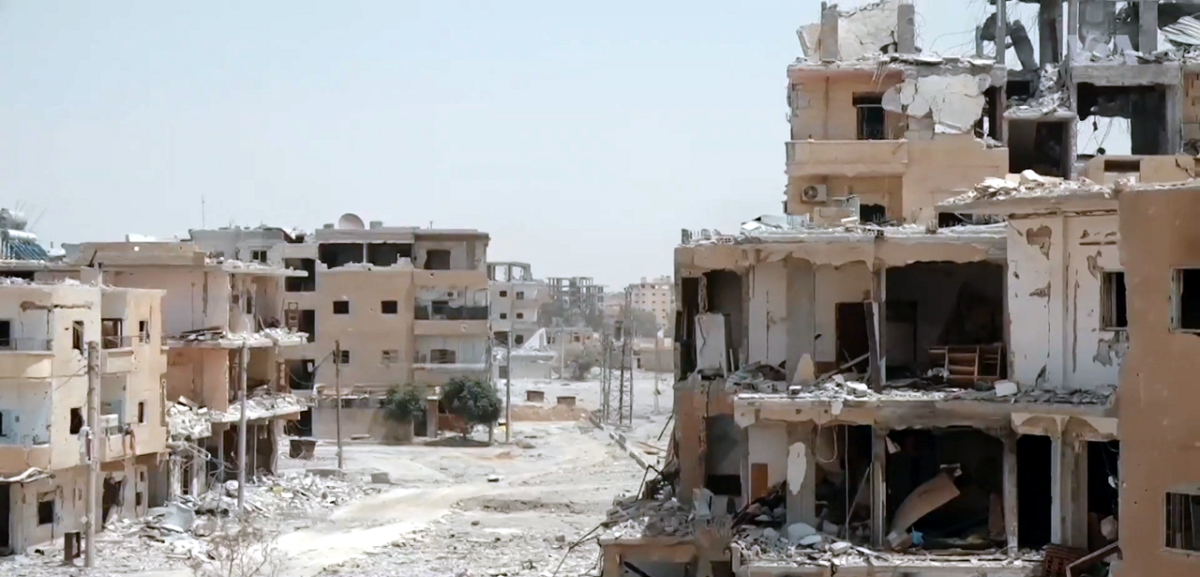RAQQA, SYRIA – Many religions have rules about not using God’s name in vain: only terrorists kill over it.
Swearing is a fascinating part of language (says the linguist in me). It has probably been part of our speech since we climbed down from the trees millennia ago – who knows, maybe even australopithecines swore! – and is ubiquitous. Regardless of its ‘normalcy’, many frown upon it.
In some languages swear words are associated with bodily parts or functions: think of English words like ‘shit’ and ‘fuck’. In others, the sacred is attacked: in Quebec French popular invectives are ‘tabernacle’ and ‘calisse’ (chalice) from the Roman Catholic church.

In the latter case some faiths have made it illegal to use the name of a deity as a curse (the third Jewish commandment: Thou shalt not take the name of the Lord thy God in vain). As if God gets upset with this practice, apparently.
Punishments for swearing vary from having one’s mouth washed out with soap to…execution.
On this day in 2016
Islamic State (ISIS) executed a seven-year-old boy in northern Syria after he allegedly swore during a game of football. The terrorist group’s police force had arrested the boy in Raqqa after he swore at while playing football with his friends. The terrorist group forced the boy’s parents to watch their son’s execution.
We love death more than you love life.
ISIS slogan
I am not sure what is worse: killing a seven-year old or killing anyone for swearing. Then again, this is ISIS we are talking about: the bar is low.
Read More Today in Terrorism
May 31, 1906: Spanish anarchist bombs royal wedding
On May 31, 1906 a Spanish anarchist threw a bomb hoping to hit King Alfonso XIII, killing 24 and wounding more than 100.
May 30, 2009: Anti-government group bombs TV station in Ecuador
On May 30, 2009 two pamphlet-bombs exploded outside an Ecuadorian TV station and ministry: no victims or significant damage ensued.
May 29, 2016: ISIS uses chlorine gas in terrorist attack
On May 29, 2016 35 civilians were wounded in an ISIS attack using rockets containing chlorine gas in Iraq’s Nineveh Province.

